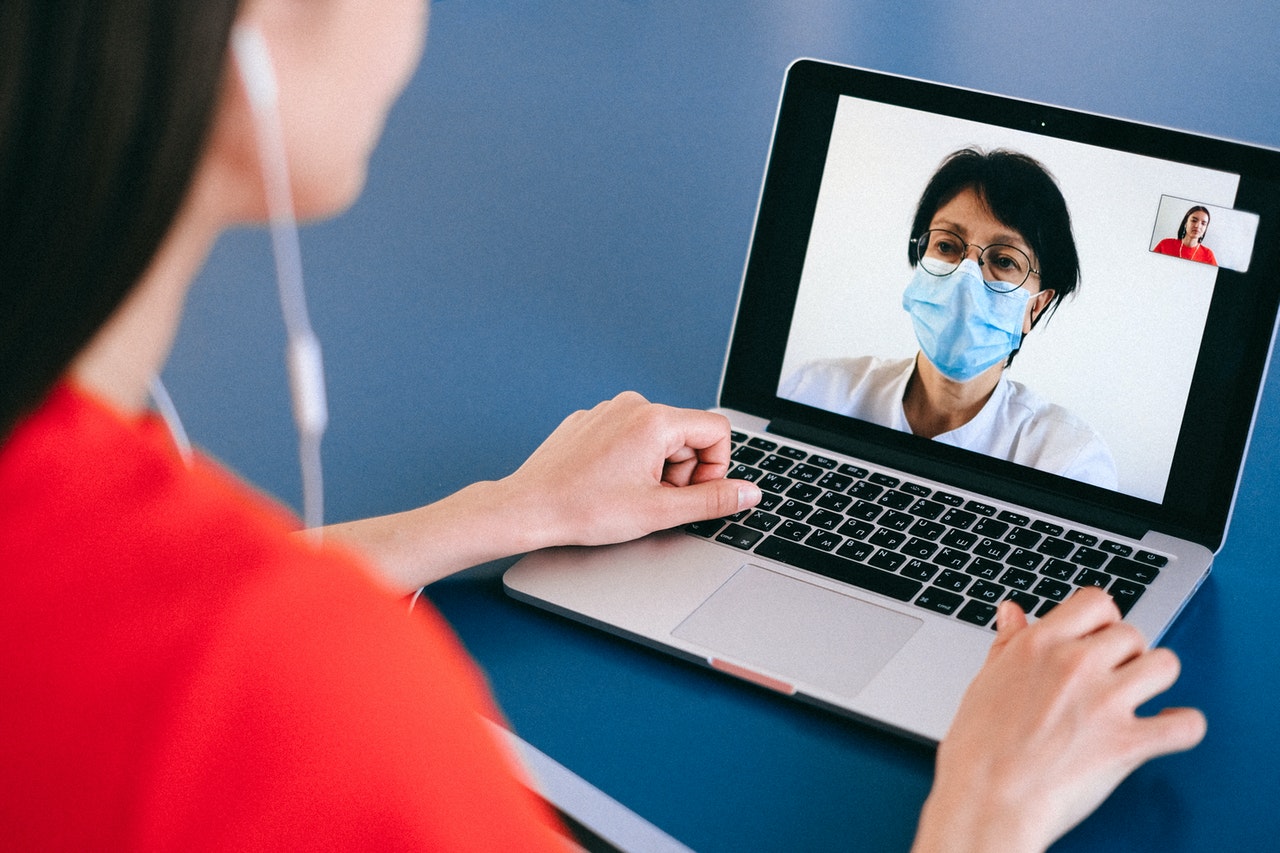
Dr Ajay Kumar, Chairman, BLK Liver and Digestive Diseases Institute and a Patron of SeekMed
Practising telemedicine means communicating with the patients from a distant place and advising on the treatment, medicines, advice etc. It has been in existence for long but did not have the legal sanction and was waiting for the right circumstances and right time to take off. It was always considered to be a fancy, high-end technology to connect people from remote areas with their doctors in far off cities. It was available in corporate hospitals, but you always required a local doctor as an intermediary to write the prescription. This technology has been used wisely in high profile projects like ECHO to advise the doctors on their patients and to link peripheral doctors with the tertiary care specialized hospitals.
Changed Times:
COVID pandemic has created a unique situation across the world. People are rightly advised to avoid crowded places. Hospitals are full of COVID patients. A lot of patients are asymptomatic. So everybody who visits the hospital is suspected to suffer from COVID unless proved otherwise. This is all the more in India, as because of population, hospitals are crowded more than usual. Also, hygienic conditions are not the same as in developed countries in the world. This has created a fear psychosis regarding regular hospital visits among population except in emergency conditions. People are avoiding a visit to hospitals. Earlier, usually people from far away places were desirous of consulting doctors on phone or email. With the advent of this Pandemic, as patients even from approachable distances from hospital want to avoid visiting hospitals for fear of acquiring infections. Something which was a matter of convenience has now become a matter of necessity. Moreover, it has now been legalized by the regulatory body and thus prescription given on telemedicine is legally valid. Thus, with legal sanction from the regulators, these are the right circumstances and the right times for telemedicine to take off.
Can telecon replace regular hospital consultation?
For ages, for the right art of medicine, person to person contact is considered to be sacrosanct. What can be discerned by reading patient’s expressions, finding hidden messages in patient’s history, observing the way the patient walks into your clinic, anxiety/apprehension on the patient’s mannerisms is necessarily not decipherable on telemedicine but a lot of it is still possible. What is a doctor, I miss on telecon is the science of eliciting physical signs but even more important is the art of holding the patient’s hand and touching the forehead to give comfort or what the doctor conveys through expressions of compassion and reassurance, which breaks many barriers, probably can’t be fulfilled by telemedicine. Because of this, I will always consider telemedicine as second to the person to person interview. But as it is, with the passage of time, as we became more and more investigation oriented and focused on filling files to practice defensive medicine, we were losing that art.
But as they say, Necessity is the mother of invention. With pandemic of the corona, making a large number of us homebound, scary to visit the crowded place – more so hospitals, senior patients and doctors being advised not to come out in open and of course, the technology available to overcome many shortcomings of existent anomalies in telemedicine, it has become the reality and is there to stay for future.
As we learn more and more about it, we need to look at its special advantages and realize deficiencies which probably can be overcome to a large extent in near future. As International medical tourism has grown in a big way in the last decade and a half, we were already seeing its adoption in follow up cases or in pre-visit consultations. There are few situations where telemedicine can actually take place of regular face to face consultations:
• Follow up visits of chronic diseases
• Advise on some abnormal lab investigations
• Opinion prior to face to face consultation
• Second opinions
• Triaging: how important is to visit the hospital for a particular situation
While we are looking at the virtue of telemedicine, it is very important for the service providers to assure the users regarding the confidentiality of their medical history. Also as data is the most important tool in every future business, a lot of interested parties may use it for their business ends or some nefarious designs. Regulators also have to make sure that this is looked into.


